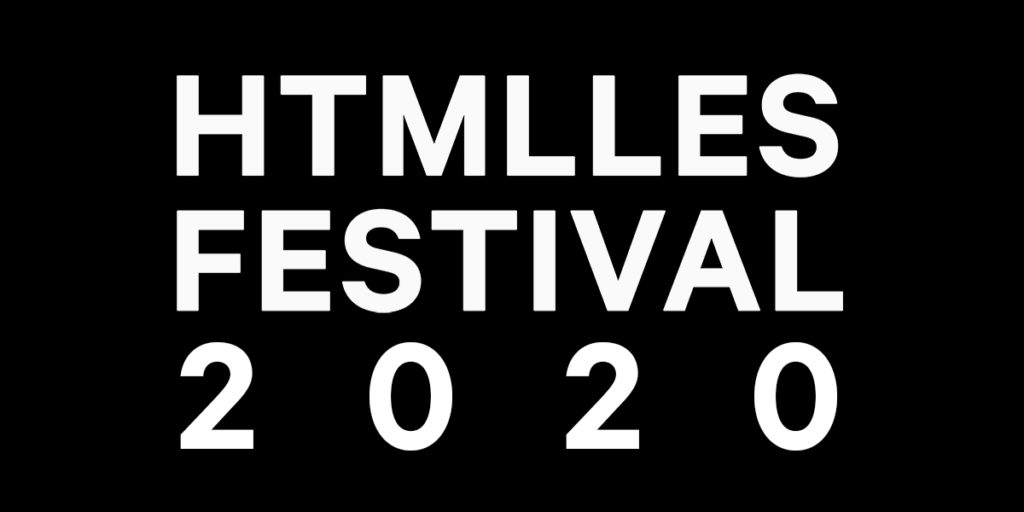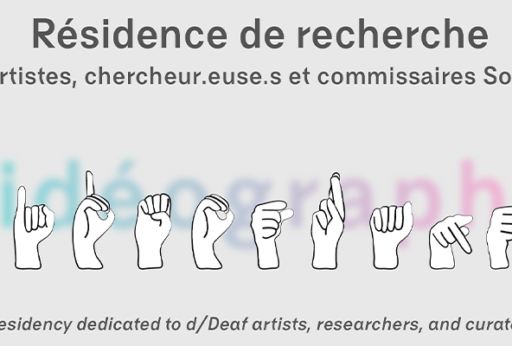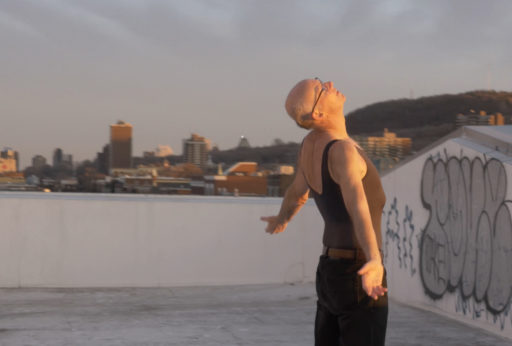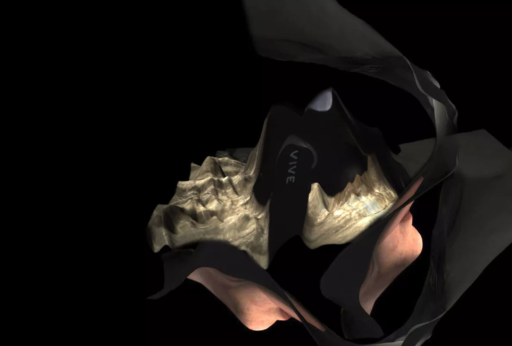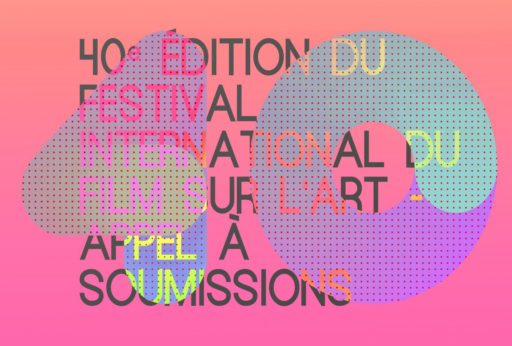HTMlles: Feminist Festival of Media Arts + Digital Culture
14th edition, November 5 – 8, 2020, Montreal
Before submitting a proposal, candidates are strongly encouraged to consult Studio XX’s mandate and the previous HTMlles festival program.
For more than twenty years Studio XX has been producing HTMlles, a feminist festival of media arts and digital culture. The festival has established itself as a socially-engaged space, addressing an urgent current issue with each edition. Every two years, HTMlles mobilizes local, national and international artists, theorists, and activists working at the intersection of art and technology, and unfolds in artist-run centres, cultural spaces, and university research laboratories throughout Montreal.
CALL HTMlles 2020
The next edition of the HTMlles Festival will take place in 2020, 10 years before the fixed deadline set by the IPCC for implementing major changes that will limit global warming to 1.5 ˚C (1). In the meantime, public discourse about “crisis,” “cataclysm,” or even “apocalypse,” feeds the collective imagination, leading to an increasing sense of eco-anxiety.
Despite this reality, state and intergovernmental infrastructures are steadily disengaging from prompt action by displacing the problem and its solutions onto individuals. At the same time, coordinated and sustainable initiatives are increasing: smart cities and life-saving algorithms are shifting our hopes towards utopian technological breakthroughs. However, these tools are biased, and perpetuate systems of economic and social inequalities. Facial recognition is a concrete example:
“Overall, men are better indexed by the algorithm than women. The same trend can be observed for people with light skin compared to those with darker complexions. […] The issue: the data chosen for the algorithm in the first place.” (2)
As we lose trust in our institutions, how can we rethink our environmental, economic, and social futures? Since September 2019, Studio XX has adopted a Slow Tech approach, taking a techno-critical and eco-feminist stance within media arts creation. The next edition of HTMlles aims to push this approach further by asking artists, activists, and theorists to imagine alternative futures and environments, outside of capitalist, racist, colonial, and patriarchal structures.
Eco-anxiety is growing in the face of an uncertain future and the smooth-talking discourses of state structures. How can we overcome the apathy caused by this solastalgia (3) in order to create alternative dynamics and temporalities? How can we channel the angry, trashy, and excessive, as well as the flawed and non-functional, into vectors of action and protest? Could the resilience of Do-It-Yourself movements inspire the construction of alternative worlds, allowing a shift away from power structures and digital utopias?
(1)https://www.ipcc.ch/site/assets/uploads/2019/08/2019-PRESS-IPCC-50th-IPCC-Session_fr.pdf
(2)Translated from French. https://www.rtbf.be/info/medias/detail_l-intelligence-artificielle-sexiste-et-raciste-a-cause-de-ses-algorithmes?id=9861843
(3) Solastalgia: a form of psychological or existential distress caused by environmental changes, Glenn Albrecht, 2003
https://www.ledevoir.com/societe/science/437671/souffrez-vous-de-solastalgia
WHAT WE ARE LOOKING FOR
HTMlles is looking for projects that are freely articulated around these environmental, temporal and/or relational issues. These could be critical and creative proposals, inspired by (but not limited to) eco-feminisms, cyber-feminisms, queer studies, Afro-futurist, Sino-futurist and futurist indigenous movements, cli-fi, hopepunk and solarpunk, deconstructing greenwashing and whitewashing.
HTMlles welcomes proposals from artists, curators and activists who identify as women, trans, gender non-conforming, and queer, as well as from collectives and organizations that promote inclusive and intersectional feminist values.
We are looking for DIY, techno-critical, and innovative proposals. We hope that the projects proposed within the framework of this call will express, rethink, and explore topics related to the environmental crisis through a critical use of media arts and digital tools.
Examples of media / formats: Virtual reality, videos, installations, IRL or URL performances, video game art, networked works, round tables, conferences, workshops, bio art, 3D animation, augmented reality, public interventions, geolocated media – or something so cutting-edge we haven’t even heard of it yet…
About the Slow Tech theme: + READ MORE
